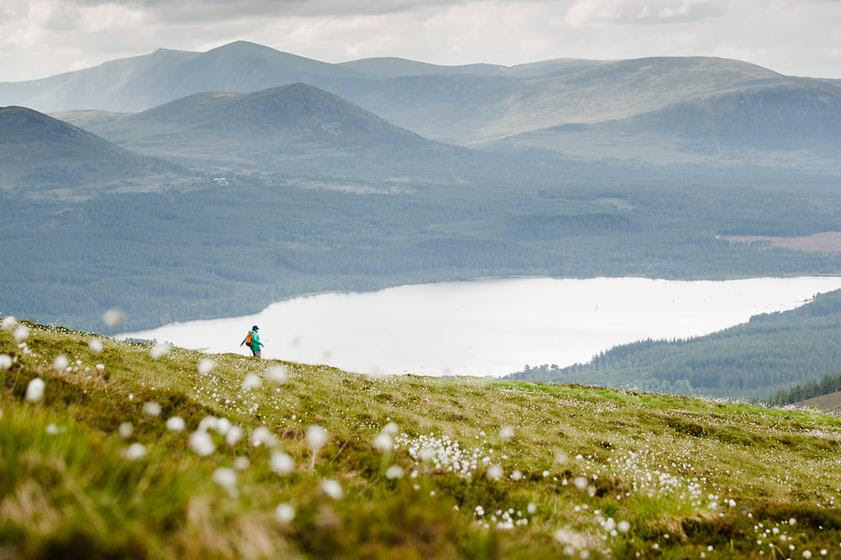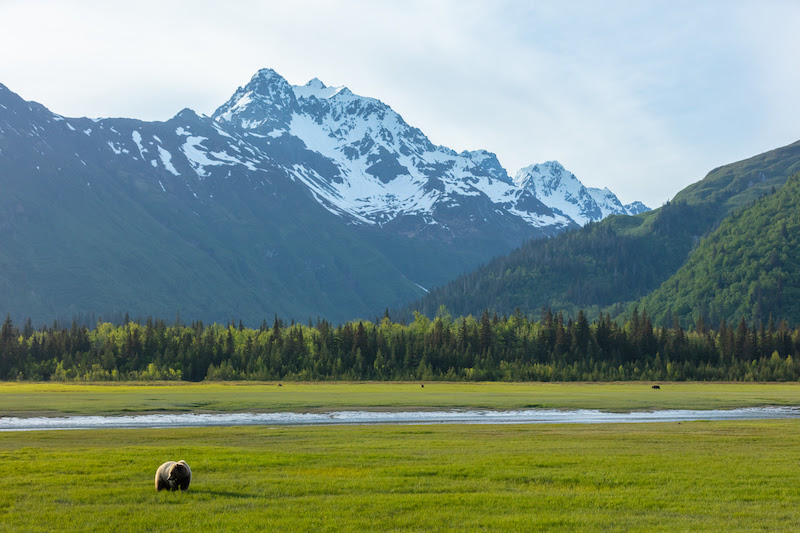 Why Our Stories—and Our Choices—Matter Now More Than Ever. When going green isn’t just a choice, it’s the definition of who you are: 3 sustainable tourism pioneers to follow in an era of enhanced self-awareness, engagement, and social responsibility.
Why Our Stories—and Our Choices—Matter Now More Than Ever. When going green isn’t just a choice, it’s the definition of who you are: 3 sustainable tourism pioneers to follow in an era of enhanced self-awareness, engagement, and social responsibility.
For those with the travel bug, it’s no surprise that the adventure travel industry (built upon the soul-inspiring power of our planet’s natural wonders) has proven a singularly perfect platform through which to bridge the intersection between personal choice, community engagement, and corporate social responsibility.
Today it’s our privilege to highlight three adventure travel industry trailblazers who’ve heard the climate crisis “call to arms” and responded with the full weight of their entire organizational, operational, and product apparatus—delivering world-class international travel experiences with a truly sustainable heart.
By spearheading efforts to integrate thoughtful, eco-conscious practices into every available aspect of their businesses, these three adventure travel leaders prove it’s possible to “walk the walk” on climate change, emissions reduction, and bio-diversification while simultaneously breathing fresh life into the familiar eco-business maxim “focus on making green products seem normal, rather than making normal products seem green.”
All three stories—as shared by the innovators themselves, the far-flung communities through which they travel, or by the heartfelt guests who’ve joined their journeys—carry lessons in how we can all play a central role in caretaking our planet.

Wilderness Scotland
Introducing Carbon Labeling to Achieve True Net-Zero Status
Few travel companies take their commitment to sustainability as seriously as Wilderness Scotland. And the company’s understanding of the profound paradox that exists in travel and tourism today—an industry that can be both an amazingly positive force for good in the world while simultaneously contributing directly to the global climate crisis that’s destroying it—is 100% what drives them to lead the charge for industrywide accountability.
Since signing the Tourism Declares a Climate Emergency and Glasgow Declaration in 2020, Wilderness has strengthened its commitment to reducing carbon emissions across its entire operation (with a goal of achieving “True” Net Zero status by 2030) while also continuing its investment in environmental conservation through partners such as the John Muir Trust. With the exciting build of a new net-zero HQ powered by renewable energy and the introduction of Tesla vehicles to the transport fleet, Wilderness is already making solid progress in reducing its emissions by 90% over a 10 year period from 2020 to 2030.
However, it’s their groundbreaking new Carbon Labeling project that’s the heart of the climate change conversation right now. Launched in 2021, Wilderness is now set up to not only measure the carbon impact of its day-to-day business operations, but can also track the output of every single trip in its portfolio. The result: every traveller knows exactly what the carbon footprint is of their holiday, giving potential customers the information they need to make more environmentally sustainable travel choices. For any emissions that cannot be eliminated directly from their services by 2030, Wilderness will be investing in carbon removal via local reforestation and afforestation projects. By providing travellers with such insights, Wilderness hopes to empower everyone to make more meaningful and responsible holiday choices.
For the team at Wilderness Scotland, their role as pioneers in climate action and conservation in tourism has been clear from the start.
See this short video for more of the story: https://vimeo.com/

Natural Habitat Adventures
Conservation Rooted in Exploration & Inspiration
Since its start 37 years ago, Natural Habitat Adventures has built its business upon a core commitment to global leadership in conservation, raising the bar for ethical travel while driving heightened awareness and demand for sustainable practices across the entire travel industry.
Although Nat Hab recognizes there’s no way around the fact that any travel company today is contributing to climate change, and certainly it is not excluded, founder Ben Bressler and his team still strongly believe the net benefit yielded by their unique brand of conservation travel is worth the cost. By directly supporting and preserving natural habitats, infusing economic resources into local communities, and transforming individual travellers into enthusiastic ambassadors for enhanced global conservation, Nat Hab is confident its carefully crafted itineraries are already helping to mitigate any negative impact from its operation.
Of course, this conviction hasn’t stopped Nat Hab from simultaneously doubling down on efforts to ameliorate any destructive consequences tied to the company’s operation, be it amplifying its carbon offsetting program to include traveller flights (since it is already the world’s first 100% carbon-neutral travel company); reducing waste and greening trip, office, and transportation operations; or deepening partnerships with leading conservation organizations like World Wildlife Fund.
Among grassroots conservation efforts, its eco-bricks project in Mexico stands out as an ingenious, small-scale effort by Nat Hab Expedition Leaders to recycle plastics found on the ground during trips (by compacting hard-to-recycle plastic waste into a single-use plastic bottle, they create a sturdy building material for local projects!).
In 2022, some of Nat Hab’s biggest news came in a wonderfully furry form, with the introduction of its new Alaska Bear Camp debuting this summer. Tucked away on 15 acres within the remote wilderness of Alaska’s Lake Clark National Park, the camp allows the company to further its commitment to Alaska bear conservation by offering intimate encounters with Alaskan brown bears. With the new camp as a model for sustainable tourism, Nat Hab aims to showcase it as an economic alternative to the competing mining, gas, and oil interests that impact and continue to threaten bear numbers across the North.
Protecting the planet and inspiring traveller-ambassadors to do more is what Nat Hab does best.
Investing in People, Places, & Planet with Every Trip
Sustainable travel runs synonymous with Exodus Travels, where for almost 50 years conservation and localized community development efforts have been the solid foundation upon which the small group tour company’s ethos is built.
Today, as climate change accelerates, the Exodus team understands the same fragile ecosystems vital to the survival of global society are those their organization equally depends on for delivering awe-inspiring (and conservation driving) adventure experiences to their guests. And the profound tension that now exists between the two—the benefits of travel vs. the urgency to reduce the world’s carbon footprint overall—has not been lost on anyone.
The time is now for creative solutions and concrete investments in the future. So, for Exodus, the goal is simple: do more good than harm. And as the planet continues to warm to unprecedented levels and communities everywhere face escalating challenges as a result, they have risen to the challenge, adding their own innovative flair and predilection for creative collaboration to the problem-solving equation.
Since 2020 (when they were among the first signatories of the Tourism Declares a Climate Emergency), Exodus has specifically ramped up all efforts to confront the coming crisis. This has included the launch of three major conservation initiatives in 2021 (to halve their carbon footprint by 2030, rewild 100+ square meters on behalf of every passenger, and offset carbon emissions from all flights and trips) as well as a recent promise to become Nature Net Positive by 2024.
But it’s their newest partnership with Rewilding Europe that’s generating particular excitement today, with their exclusive Restoring Italy’s Wild Heart, trip for 2022 offering a unique opportunity for travellers and staff to contribute directly to the restoration of the local ecosystem, all while supporting the long-term goals of the local community driving the creation of this revolutionary Nature and Carbon Corridor. Exodus has also just recently expanded its rewilding support to the Velebit Mountains, alongside the Adriatic coast in Croatia.
Exodus firmly believes sustainable travel can be a net positive in every destination they visit. And based on the warm welcome received thus far in the Apennines, they seem to be proving their point.
Edited by: Matthew Thomas














